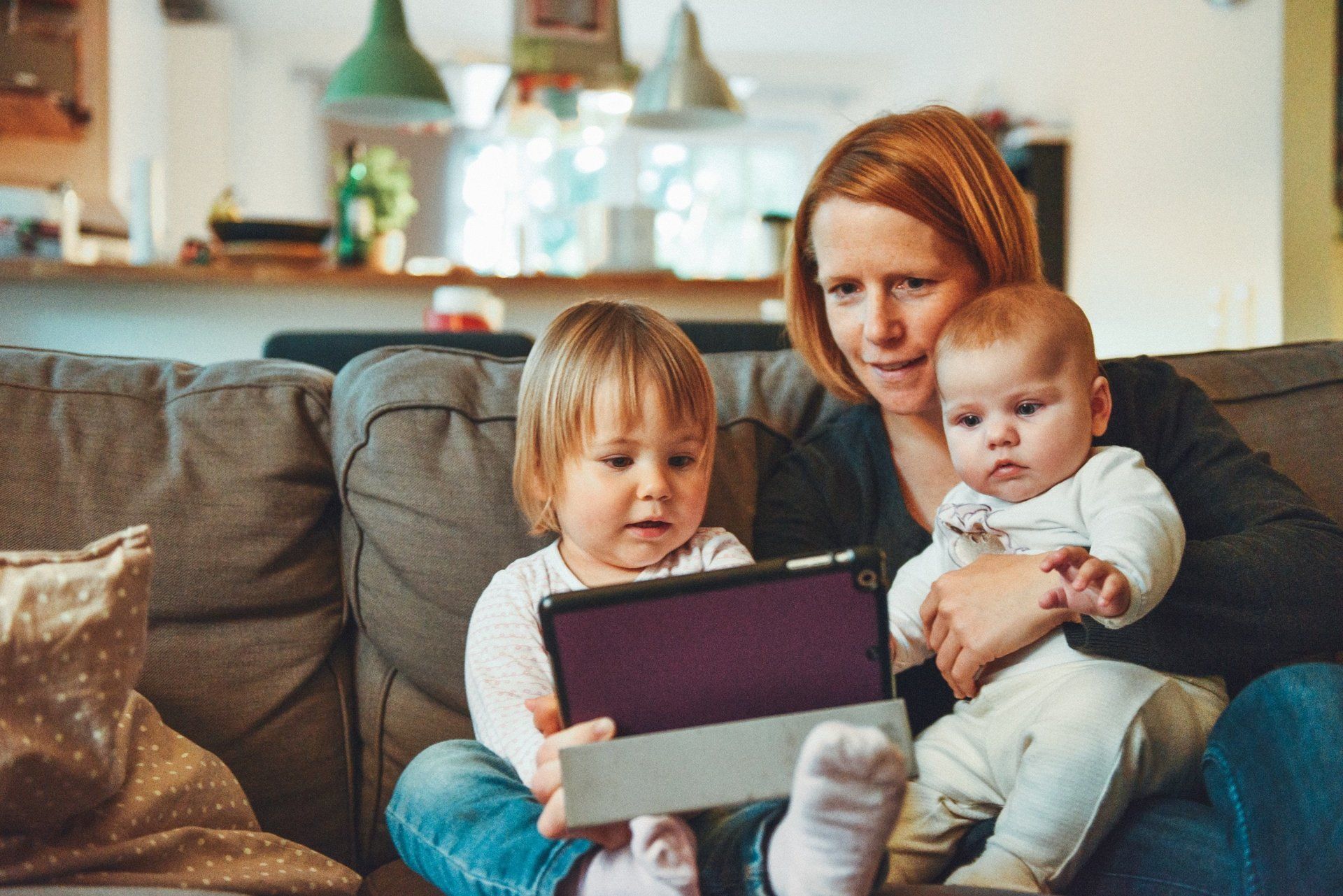Internet Safety - Tips for Safe Computing
Protect your Identity
Phishing Emails
Phishing emails are the #1 way people and companies get hacked! A message requesting an action "appears" to be from a company or person you know, but it's fake. Here are three tips on how to identify a phishing email:
- Look closely at the "From" email address and see if it uses the domain name of the company. For example, an email from TOAST.net should be from billing@toast.net, NOT toastnet123@gmail.com.
- What is the sender asking you to do? If they want you to click a link, pay attention to the website it goes to. It should match the company's domain and not forward to a free website where hackers can create fake sites.
- Creates a false sense of urgency – scammers try to get you to do something without thinking.
Here are some more resources on phishing:
- Visit our KB article for more information on how to identify phishing emails with examples.
- To protect yourself, see these FTC guidelines on how to recognize and avoid phishing scams.
- For more info visit Microsoft's Protect Yourself article.
Password Tips
- Use strong passwords on all accounts (for example: use "MbfK55&trX" not "password123"). Be creative -- don’t use personal information.
- Don’t use the same password on multiple sites. If a cybercriminal gains access to your credentials, the damage could be multiplied if the same password is used for other accounts.
- One thing you can do is set up a password manager to easily create a unique password for every website. This Wirecutter article discusses the best password managers.
Browsing
- Before entering any info on a website, make sure the site starts with https:// or has a padlock in address bar.
- Public Computers - Don’t visit any password-protected site on a public computer (like one in a hotel lobby). But it's OK to visit websites to get information, print a map, check hours of operation, etc.
Wi-Fi
- Don't use public Wi-Fi with sensitive accounts like email, bank, etc. as others could see what you're doing.
- Your home Wi-Fi should require a password. Select WPA2 or WPA3 on your router for highest security.
Keep your Computer Updated
Windows XP and Vista - These PCs are old and no longer supported, so they are dangerous to operate on the Internet. Since they don't meet the minimum requirements to run Windows 10, it's time to buy a new computer.
Windows 7 and 8 - There are no more security updates for these, so you need to upgrade to Windows 10 or buy a new PC with Windows 11.
Windows 10 and 11 - Follow these recommendations:
- Leave automatic updates enabled so your PC gets all the latest patches.
- Microsoft's built-in security is pretty good, so most users don't need to buy anti-virus software.
- Uninstall any programs you don't use, like Java, to eliminate security holes on your computer and reduce the opportunity for a hacker to get in.
- Advanced Tip: Instead of using an Administrator account for everyday usage,
add a guest account for others in your home to use. This less-privileged account will not be allowed to install any programs, preventing malware from attacking your machine.
Apple - Download and install any iOS or macOS security updates for your device to make sure you're protected.
Monitor your Children
Treat the Internet like any other public space -- keep an eye on your children.
- Check your router to see if it can filter inappropriate content.
- Read the FBI's A Parents Guide to Internet Safety.
- Use monitoring software to keep track of where your child surfs and what he/she has typed.
- Visit Disney's Internet Safety page for an agreement you and your child can sign.
Useful Links
- Protect Your Smart Home From Being Hacked - NYT Wirecutter article (8/22/22)
- How To Avoid Getting Scammed - Forbes Advisor (2/24/22)
- Resources from The National Cybersecurity Alliance website - StaySafeOnline.org
- Microsoft Links:
- Protecting your privacy
- Safety Scanner - Find and remove malware from Windows computers.
- Cybersecurity Awareness - Resources for individuals and small businesses. - Spam Protection and Prevention - Tips on managing spam.
- Protect your business/organization from malware and ransomware with TOAST.net's
Endpoint Detection and Response (EDR) software.



